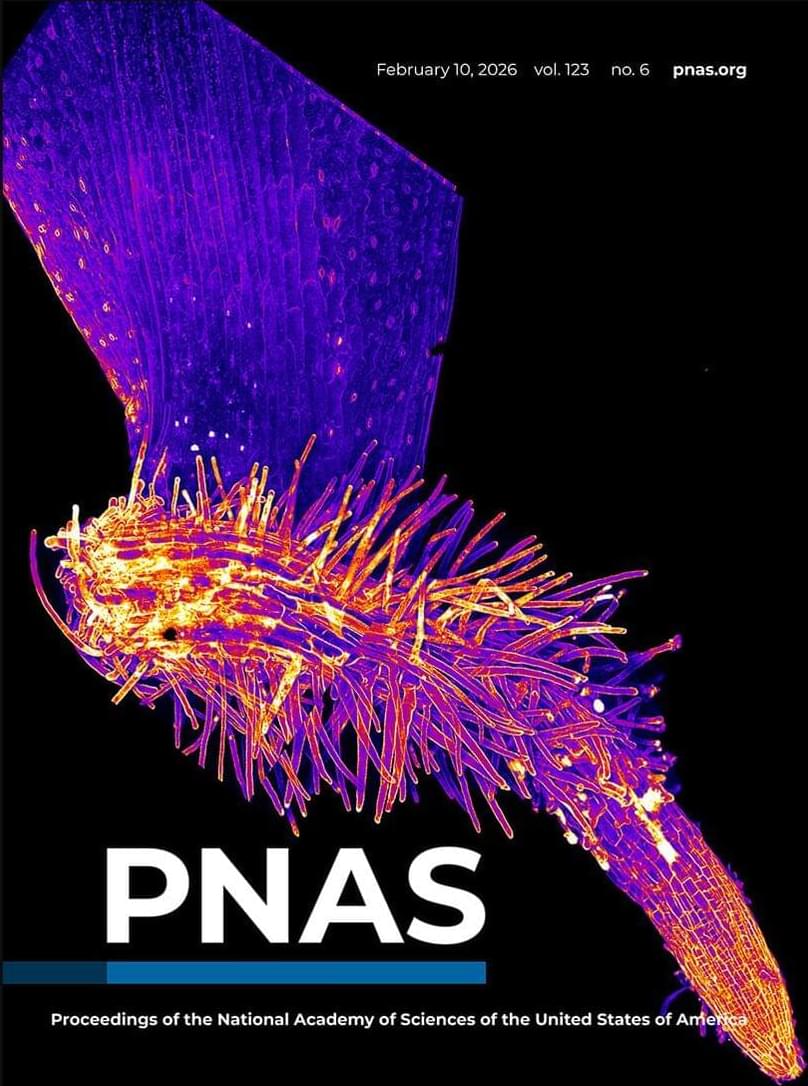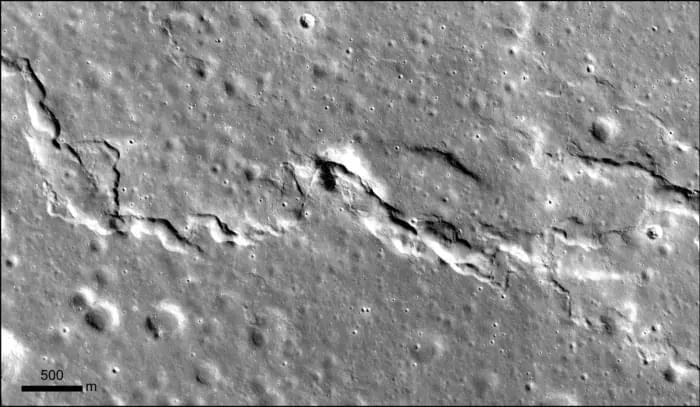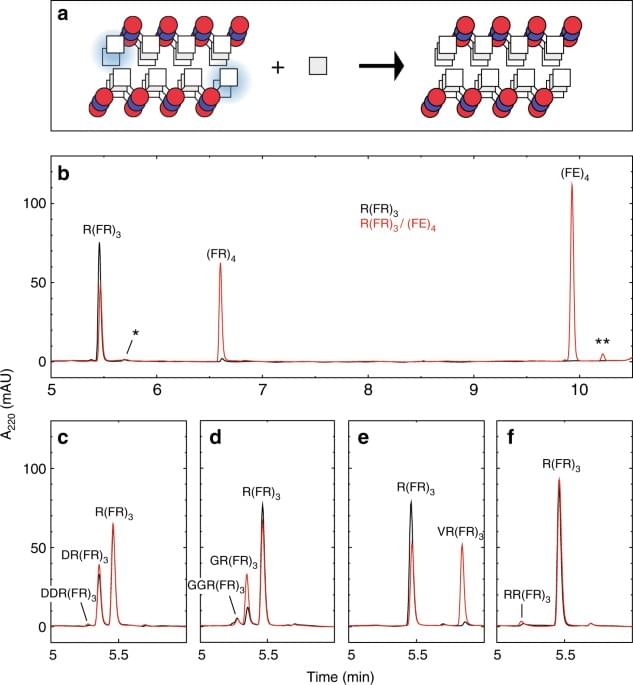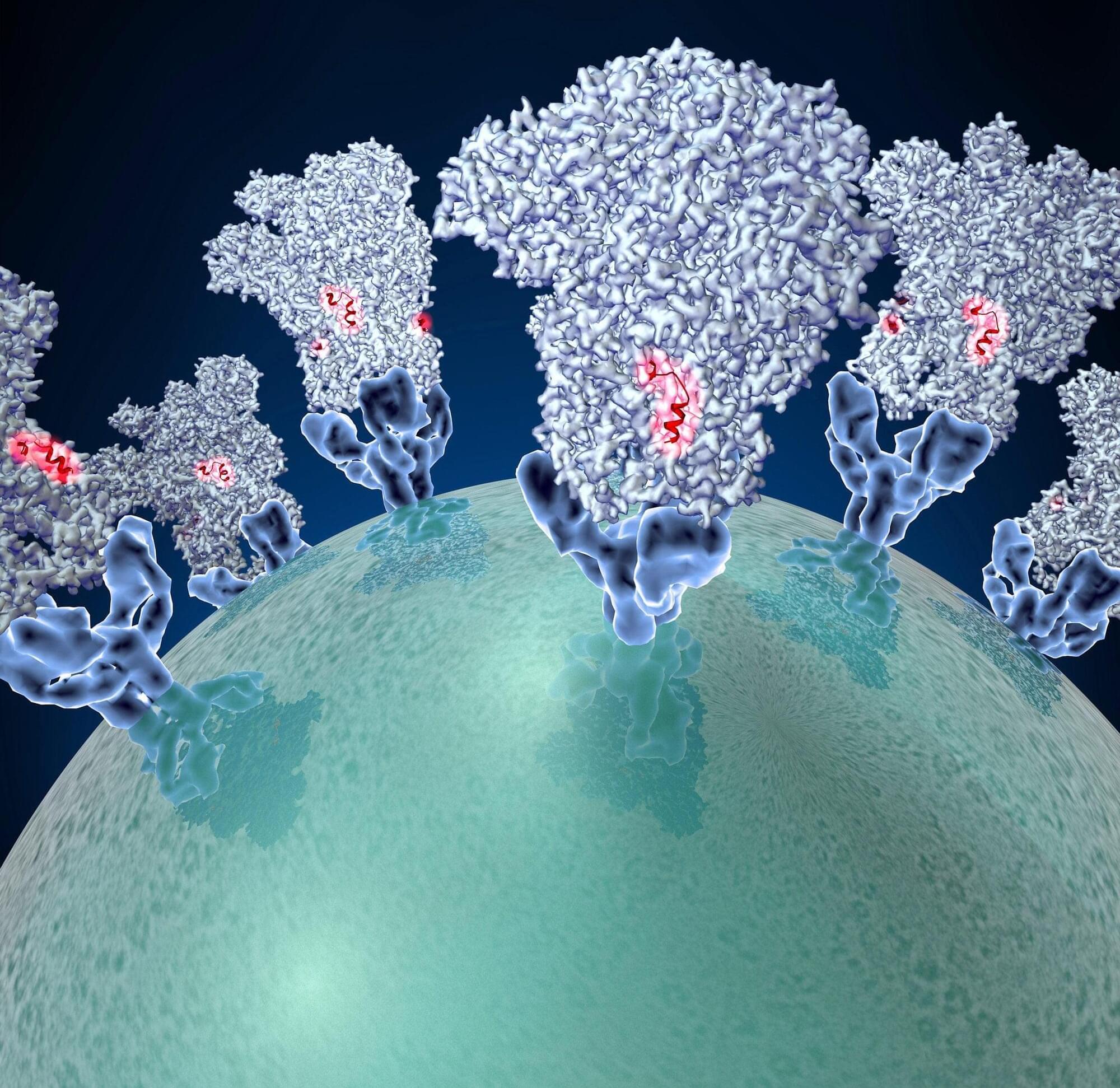In contrast with modern birds, the Cretaceous theropod dinosaur Microraptor possessed multiple wings, with long feathers on its arms, legs, and tail. The flight capabilities of Microraptor are not well-understood. Csaba Hefler et al. analyzed the aerodynamics and forewing–hindwing interactions of Microraptor based on anatomical data from more than 100 fossilized specimens. The authors modeled fixed-wing gliding flight with the wings of Microraptor at low, moderate, and high angles of attack, which represent angles between the body axis and the direction of incoming air flow. The modeling suggested that synergistic interactions between vortices created by the leading edges of the forewings and hindwings could have provided a substantial and sustained boost to lift while gliding under a variety of conditions. The simulated forewing–hindwing interactions resemble aerodynamic effects seen in dragonflies. Vortices formed by the distinctively flared tip of the Microraptor hindwing contributed additional lift, a specialized feature not seen in other early multiwinged birds, such as Archaeopteryx and Anchiornis. The analysis suggests that Microraptor likely used aerodynamic features comparable to those seen in modern flying animals while gliding. According to the authors, the findings push back the evolution of sophisticated flight dynamics to the Early Cretaceous Period. — M.H.








